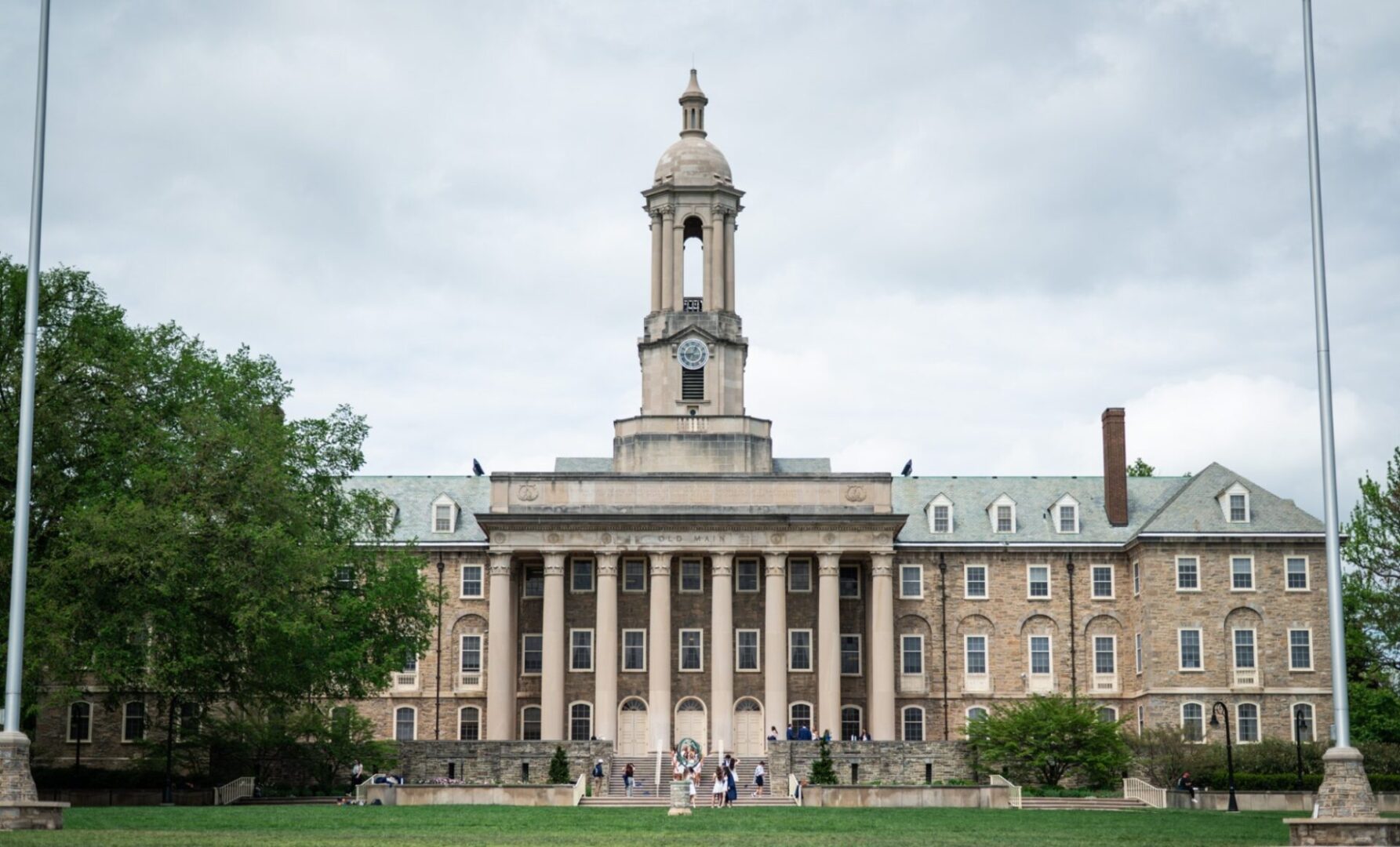A Penn State employee’s lawsuit filed last week against the university alleges he has been subjected to retaliation after reporting a conference was mismanaged and wasted hundreds of thousands of dollars.
David Aneckstein, a 17-year employee of the university, says he was demoted and has been rejected for other jobs for warning that a Penn State Outreach conference in Philadelphia was poorly planned and filing a whistleblower complaint in August 2024 about misuse of public funds.
Aneckstein was senior director of communications for Penn State Outreach and Online Education when he suggested to Vice President for Outreach Larry D. Terry II that the conference should be pushed back a year in part because of “major organizational changes that were likely to result in less staff to assist with the conference,” according to the lawsuit.
He also said that Outreach was planning the conference in less than eight months, but the conference planner “expressed concerns with the tight timeline” because a well-attended event of its kind typically takes a year of planning.
A day before he filed the whistleblower complaint and three weeks before the conference, it had only 125 registrants out of a planned 1,500, and 55 of those were either Penn State employees or invited speakers who were provided complimentary tickets, Aneckstein’s attorney, Christopher Macey, wrote. Just 20% of the 850 hotel rooms blocked for the conference were reserved, putting Penn State on the hook for more than $160,000 to cover a contractual obligation for unbooked rooms at $249 each, according to the filing.
Terry, Macey wrote, pushed ahead with the conference as planned and “instructed the conference planning team to give away tickets to anyone who would take them to ‘get butts in the seats.’”
The conference “resulted in significant monetary loss” despite Terry describing it to President Neeli Bendapudi as a success and planning a second edition for November 2025, according to the lawsuit.
An after-action report referenced in the filing calculated the loss at about $500,000, Macey wrote. Aneckstein, however, believes the report did not account for the cost of sending 20 Penn State employees to San Diego for a week in April 2024, multiple trips for six to 10 employees to Philadelphia for planning purposes and a trip for five or six employees to Dallas.
Aneckstein says Terry “began targeting and retaliating against” him within two months of filing the complaint. Terry allegedly told him “I don’t have a need for your position in Outreach,” despite Aneckstein having spent 80 to 90% of his time on Outreach initiatives and being nominated by Terry to serve as a project leader for a university-wide strategic planning project.
Terry ceased nearly all contact with Aneckstein, who was also excluded from conversations with his staff and removed from leadership team meetings, Macey wrote. By January, all seven of Aneckstein’s direct reports were reassigned to other supervisors and all of his external communication responsibilities and job duties were removed, according to the lawsuit.
Despite allegedly telling Aneckstein his job was not needed, Terry promoted a marketing staff member to handle some of his former communications tasks and planned to promote one of Aneckstein’s former subordinates to a position nearly identical to his, Macey wrote.
A human resources representative told Aneckstein, who says he had consistently strong performance reviews, that he had not done anything to warrant a change in his duties, Macey wrote.
During a March performance review, Aneckstein says Vice Provost for Online Education Renata Engel “told him that she does not know what he does these days and openly pondered what she would say if asked for a reference.”
Since filing his whistleblower complaint, Aneckstein “has actively sought to find other positions within PSU, but has been consistently rejected for each position to which he has applied,” according to the lawsuit. In some cases, he says he was not granted an interview despite being well-qualified for the position, and in others “made it to the final rounds of interviews only to not receive an offer after Mr. Terry or Ms. Engel got involved.”
A human resources representative attempted to dissuade him from making a retaliation complaint, “indicating that they personally would not feel comfortable complaining,” Macey wrote.
Penn State and Terry are named as defendants in the lawsuit, which claims one count of violating Pennsylvania’s Whistleblower Law.
Aneckstein “has sustained loss of earnings, severe emotional and psychological distress, loss of self-esteem, damage to his professional reputation and career, loss of future earning power,” and other financial damages, Macey wrote.
He is seeking a judgment in excess of $50,000 and damages determined by the court.
Penn State has not yet responded to the lawsuit.



